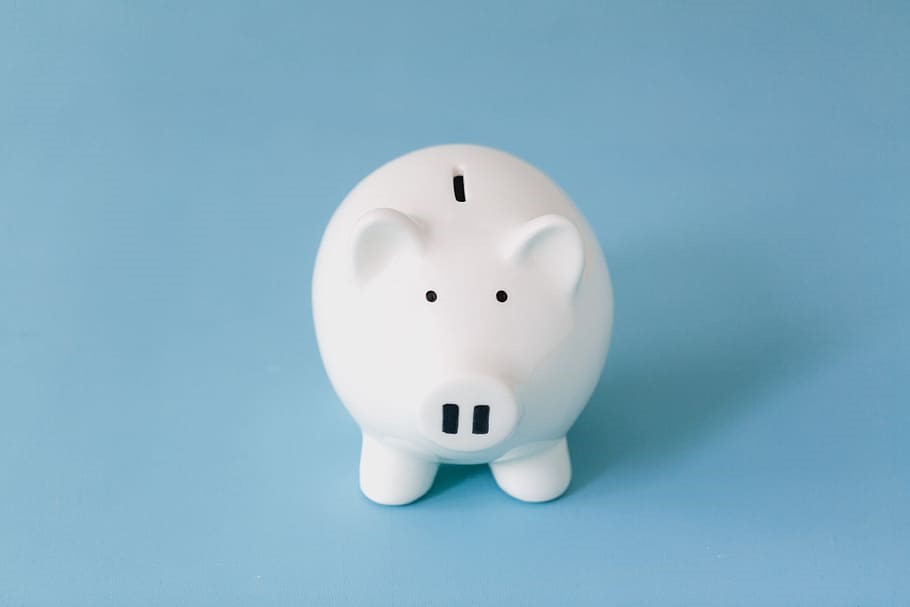COVID-19 has changed the world – shops are closed, bars and restaurants can’t welcome customers, and people’s priorities have realigned.
At a time when consumer-driven governments were the order of the day, all their hopes of convincing people to spend, spend, spend have gone out the window.
Now we’re going to see a shift towards saving.
This is because people have some extra money in their pockets and the time on their hands to decide what they want to spend it on – big things that bring them long-term rewards, like owning a home.
From a change in people’s relationship with money to learning their life goals can be achieved, this is why we’re going to see a move away from consumerism in the post-COVID-19 world.
Recommended reading: Remote Work Tips In The Time Of COVID-19
COVID-19 has altered people’s relationship with money
Consumerism is the social order that underpins the pre-eminent economic system of the last four hundred years – capitalism.
It’s the glue that links government policy, corporate decision-making, and the general population. But COVID-19 will force a rethink.
People are kept inside their homes by the greatest threat to their way of life they’ve known.
And this threat has had a serious impact on their relationship with money.
They can’t visit a retailer to buy the latest shoes. They can’t go to a pub to order a pint. They can’t go to another country and spend their traveler’s cheques (remember those?) on having a great foreign holiday.
Consumers are now spending less and saving more
People are unable to spend money on the things they used to – you simply can’t say “tonight heading to the hip bar downtown to see a cool band” because those things now exist only as blurry memories.
This has led to two things for many people.
Firstly, they’re finding new ways to entertain themselves and many of these cost little (if any) money – Zoom and Houseparty calls with friends and relatives; afternoons in the park; reading books that long sat on the shelf, unread.
Secondly, they’re questioning what to do with the money they’re saving. This means looking at longterm priorities and, given the uncertainty surrounding post-COVID-19 travel, this invariably means property.
Why? Because what do you aspire to spend big money on if it’s not traveling, a vehicle, or a home? There’s nothing else to save for.
Savings rise & people learn their life goals can be achieved
Owning a home is the wide-awake nightmare that many millennials will relate to.
It was easier for the previous generation to buy a home because it was cheaper to buy a home and there were less consumerist temptations to waste money on.
And the next generation is already cute to the issue, meaning that they make more precise career choices at an earlier age and (crucially) they have a stronger savings mentality.
Millennials (and other aspirational homeowners) have more money in the bank because of COVID-19, but that’s not all they have. They also have lots of free time, giving them ample opportunity to research and planning to get on the property ladder.
For many consumers, money is a big issue, something compounded by the financial certainty caused by the coronavirus pandemic. Consequently, people are using cost-saving options estate agents like REALTOR to put a price on their dream homes and online mortgage brokers like Breezeful to explore how much money they’d need to save to get to that price.
The reality we’re now seeing and living is that you really can achieve the things you want in life by cutting out some of the consumerism in your lives. There’s simply no sense in returning to our old ways of short-term satisfaction when longer-term rewards have demonstrably achievable.
And, sure, saving for a home will take a lot longer than eating out twice a week, but COVID-19 has shown that you can endure time – what you can’t endure is lacking essentials and lacking hope that things can be better.
And if there’s one great irony of COVID-19 it’s this: the last global recession was caused because people hadn’t saved enough money to get a traditional mortgage, and the result of next one is that people will (slowly) have the savings they need to get a proper mortgage.
The great COVID-19 savings irony that threatens consumerism
We’re headed for a post-COVID-19 global recession. That’s a fact and the only point of contention is how long it lasts for and how deeply it penetrates society.
The last recession came in 2008 and it was caused because bad mortgages were sold. This created a chain of insolvency that led to banks collapsing, people losing their jobs and homes, years of austerity, and populist governments.
In a strange twist of fate, this austerity and populism (excused as an antidote to the previous recession) has fueled the lack of pandemic preparation that’s enabled the spread of COVID-19.
And governments want people to get back to work and start spending money again so that it can return life to the way it was before. The thing is, while people want their lives back again they now appreciate different things and have different goals – they want a different life.
COVID-19 has sucked the life out of consumerism by showing people that they can save money, don’t need inessential purchases to have fun, and that they can use their savings that bring real benefits to their lives.
Not sure you buy that argument? Well, ask yourself this now “what am I looking forward to doing once life is back to normal?” It’s not short-term consumerism, it’s bigger priorities, like seeing friends, family, and getting the real rewards from your life.
Credit: Wallpaper Flare

